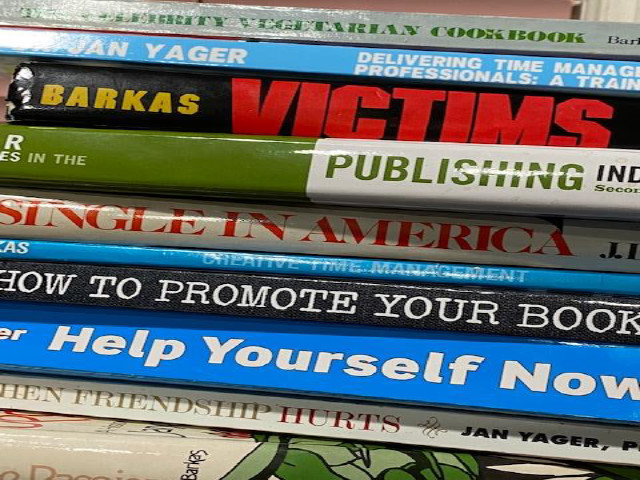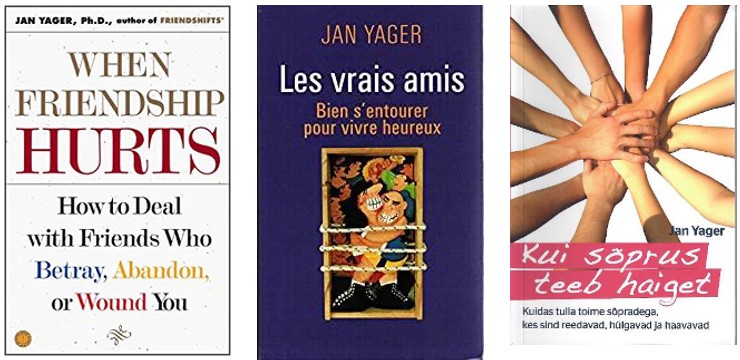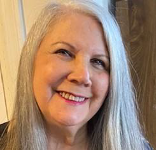
By Jan Yager, Ph.D.
Fortunately over the years I have been published by such major houses as Simon & Schuster, Doubleday, Scriber, Grove Press, prentice-Hall, Penguin Random House, HarperCollins India, and others, as well as through my own small press, Hannacroix Creek Books, Inc. I have also interviewed or surveyed more than 100 book authors on their varied publishing experiences. Based on my own experiences, as well as the research I have conducted, there is no ”one size fits all” when it comes to publishing. If you read my blog, “The Ten Best Reasons to Self-Publish your First or Next Book,” to offer you a balanced “other side of the coin” perspective, here are ten reasons to consider signing with a traditional or commercial house (if you are offered that option, of course):
- If the publisher offers you an advance against future earnings, you will get compensated for your book even while you are writing it. If the advance is big enough, you can put some of it aside to cover publicity costs after the publisher’s publicity department has moved on to the newer titles.
- You will get a deadline which should help you to have accountability and finishing your manuscript.
- Depending upon who the publisher is, and what support they offer you, they should be doing all the heavy lifting related to producing the book including cover and interior design, copyediting, proofreading, and, if they have a publicity department, at least some help with promotion. Most of the details related to publishing a book, such as securing an ISBN number and copyrighting the book, usually in your name, will be handled by the publisher. (Depending on your contract, you will still be offered the opportunity to approve or disapprove of the cover or interior design.)
- You will be assigned an editor who will work closely with you as the book is written, submitted, and published.
- Most commercial houses, especially the Big Five, have dedicated sales teams who will be pitching your book to bookstores and other major outlets that sell books.
- You can put all your energies into the writing and promotion of your book instead of the myriad of technical concerns that self-publishers need to address.
- Although the stigma of self-publishing has been reduced, there is still prestige in being published by a major publishing house. The reality is that some media outlets have a “no self-published books” policy although of course there are some exceptions (if the author is a celebrity, the book has a film deal or has sold tens of thousands of copies, etc.)
- Hopefully you will feel part of the publisher’s team of authors and you might even get invited to the company’s holiday party or at least get a holiday card.
- Some publishing companies have added a speaker bureau to the services that they provide their authors.
- Some pre- and post-publication review stipulate, “No self-published books.”
- Your commercial publisher may have a subsidiary and foreign rights department who will submit your book for performance or translation editions. (You do not, however, automatically must give a commercial house your foreign rights. I sold my book, When Friendship Hurts, to Simon & Schuster without an agent, and I was able to “keep” the foreign translation rights which allowed me to sell the book into 29 languages.)

“When Friendship Hurts” and two of its foreign editions. - If you are fortunate enough to be considered a “front list” title by your publisher, and you get positive reviews and sales, they would have the financial resources to invest pushing your book, if they choose to do it.
Whether you sell your book based on a book proposal or the complete manuscript, publishing it is the next big step after writing it. It is a big step and sometimes having so many choices —commercial house, hybrid publisher, or self-published —can seem overwhelming. Do the research and remember what works for one book might not be right for the next one. (Consider reading the blog about self-publishing published here.)
Still confused about what to do next? If you have a literary agent, you will definitely be pursuing the traditional route since agents depend on a percentage of the author’s advance and there is no advance in self-publishing. If you do not have an agent, consider hiring a book coach to discuss your various publishing options.
Happy writing and publishing!
 Jan Yager, Ph.D. is a sociologist/victimologist, coach, freelance writer, and publisher in Stamford, Connecticut, whose 50-plus award winning books, with one or more titles translated into 35 languages, include 365 Daily Affirmations for Happiness, Productive Relationships, When Friendship Hurts, Looking Backward, Going Forward: Reflections on a Writer’s Life, and more. She has been published by Simon & Schuster, Scribner. Grove Press, Penguin Random House, Doubleday, and her own press, Hannacroix Creek Books, Inc. Jan also teaches at colleges and universities including, since 2014, in the Sociology Department at John Jay College of Criminal Justice, where she is an Adjunct Associate Professor. Follow Jan’s tweets at @drjanyager. For more information, or to sign up for her mailing list or newsletter, go to https://www.drjanyager.com
Jan Yager, Ph.D. is a sociologist/victimologist, coach, freelance writer, and publisher in Stamford, Connecticut, whose 50-plus award winning books, with one or more titles translated into 35 languages, include 365 Daily Affirmations for Happiness, Productive Relationships, When Friendship Hurts, Looking Backward, Going Forward: Reflections on a Writer’s Life, and more. She has been published by Simon & Schuster, Scribner. Grove Press, Penguin Random House, Doubleday, and her own press, Hannacroix Creek Books, Inc. Jan also teaches at colleges and universities including, since 2014, in the Sociology Department at John Jay College of Criminal Justice, where she is an Adjunct Associate Professor. Follow Jan’s tweets at @drjanyager. For more information, or to sign up for her mailing list or newsletter, go to https://www.drjanyager.com